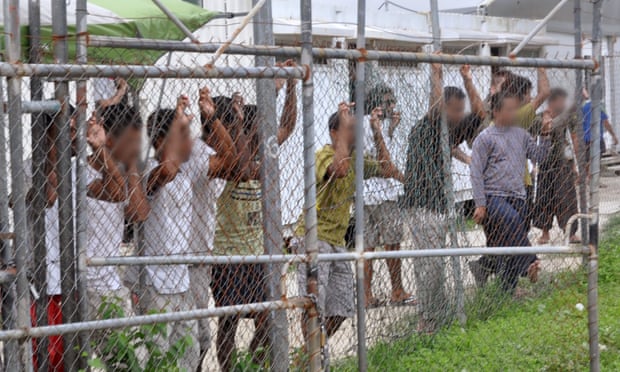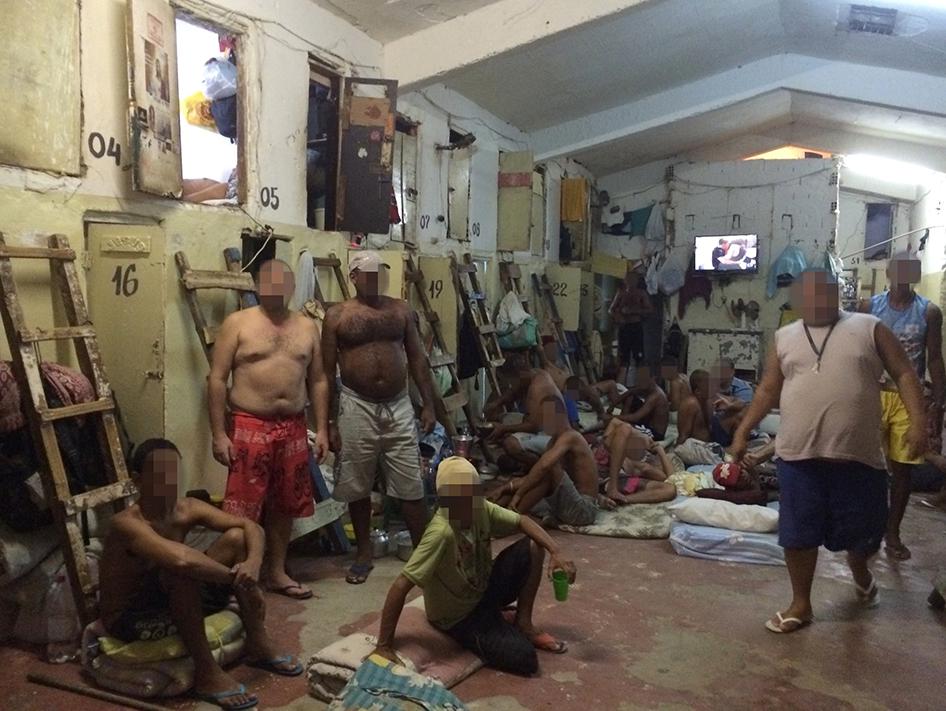Iraqi Kurdistan — officially known as the Kurdistan Region of Iraq (KRI) — is the country’s only autonomous region. Compared to the rest of Iraq, Kurdistan enjoys more stability, security, political pluralism, and freedom for civil society. From 2003 until 2013, the region witnessed an unprecedented economic boom. During the U.S.-led war to depose Saddam Hussein, the Kurds were some of the United States’ most reliable allies, and today they are playing a pivotal role in the fight against the Islamic State. These stark differences from the chaotic rest of the country have led many to describe the KRI as the “Other Iraq.”
But today, this nascent democracy faces its most severe and probably decisive crisis since the end of its civil war in 1998, which had pitted the region’s two main political camps against each other.
Today’s crisis touches upon two core democratic principles: the peaceful transfer of power and government accountability.
Today’s crisis touches upon two core democratic principles: the peaceful transfer of power and government accountability. It is the outcome of this crisis — and not just the fight against the Islamic State — that will determine the development of democracy in Kurdistan.
Iraqi Kurdistan’s president since 2005 has been Masoud Barzani, whose family has ruled the conservative Kurdistan Democratic Party (KDP) since its establishment in 1946. Barzani was originally supposed to serve for eight years, as stipulated by the draft constitution. But a 2013 deal between the KDP and its erstwhile rival, the Patriotic Union of Kurdistan (PUK), extended his term for an additional two years. This deal was pushed through the regional parliament despite fierce resistance from the opposition and civil society, who called the extension unconstitutional. But, as of August 19, even this two-year extension has nowpassed — and the KDP has refused to respect the agreement. Barzani still clings to the presidency. His recalcitrance has plunged Iraqi Kurdistan into a deep constitutional crisis.
The region is now deeply divided. Four main parties – Gorran (the Movement for Change), the PUK, the Kurdistan Islamic Union, and the Kurdistan Islamic Group — are calling on Barzani to step down. These four parties, who might be described as the “constitutional camp,” are calling for a genuine parliamentary system in which the president is elected by parliament and is therefore accountable to it. In contrast, Barzani’s KDP and some of its smaller allies (locally known as “political shops” since they were either created or supported by KDP and PUK) want Barzani to get an additional two-year extension. They also argue for a presidential system that would give the president immense power. Only Barzani, they argue, can lead Iraqi Kurdistan in the fight against the Islamic State and thus win the Kurds an independent state — the latter being something that all Kurds, regardless of political persuasion, wholeheartedly favor.
Barzani appears determined to hang on.
Barzani appears determined to hang on. In a recentinterview, his nephew (and current prime minister), Nechirvan Barzani, said that even the president himself acknowledges that his term has expired, and that his staying in power is therefore illegal. But he wants to remain in power until 2017, when the new election is scheduled, to lead the fight against the Islamic State.
Meanwhile, due to the stark decline in oil prices (as well as endemic corruption, general mismanagement, discord with Baghdad, and the fight against the self-proclaimed Islamic State),
Kurdistan is facing a severe economic crisis after years of positive growth.
Kurdistan is facing a severe economic crisis after years of positive growth. The crisis has delayed payment of salaries to civil servants, led to shortages of fuel and electricity, and prompted growing social protests. The constitutional crisis compounds these problems and has fragmented Kurdish society to the core.
Instead of becoming the president of all Kurds, Barzani has remained the president of his own party only. He has been unwilling to take the serious steps necessary to address Kurdistan’s many challenges. He has failed to tackle high-level corruption. He has neglected to implement urgently needed reform of the military and the intelligence and security forces. He has balked at creating an independent judiciary — or, for that matter, any of the institutions required for a democratic statehood. And he has done nothing to bring perpetrators of human rights violations — from his party and others — to justice.
Rather than the unifying leader Kurds so desperately need, Barzani has become a source of division. Instead of relying on internal legitimacy, he has turned to regional and international sponsors to remain in power: the three most influential players in Kurdistan — the United States, Turkey, and Iran — support the unconstitutional extension of Barzani’s term. These countries claim that this bolsters the fight against the Islamic State and will provide stability in Kurdistan and Iraq. For them, it seems, “stability” is more important than democracy.
In its bid to keep Barzani in power, the KDP has resorted to intimidation,violence, threats to re-establish separate governments (which would essentially amount to partition of the region), the manipulation of judicial institutions, and the co-optation and coercion of intellectuals and journalists.
In an attempt to resolve the crisis peacefully, the four parties that oppose extending Barzani’s presidency have presented the KDP with two options they can accept. In the first, parliament will choose a new president, granting him extensive powers. In the second, the people will elect him directly, but as a largely symbolic leader with mostly ceremonial powers. But at an October 8 meeting, the opposing sides failed to reach an agreement. The “constitutional camp” is under immense pressure from its increasingly frustrated supporters to stick to its demand that Barzani should leave power peacefully. But the KDP seems in no mood to compromise, leaving everyone in a bind. The political stalemate has resulted in demonstrations by protesters calling for jobs, payment of back wages, and resignation of Barzani. Five people were killed, reportedly by the KDP security forces.
The KDP has accused Gorran of surreptitiously organizing attacks by protesters on his offices, and physically prevented the speaker of parliament (who is from Gorran) from entering Erbil. (The party has also withdrawn its recognition of his position as speaker.) In addition, Prime Minister Nechiravan Barzani sacked Gorran ministers and replaced them with KDP officials. Gorran says the government is no longer legitimate. The political polarization has reached a climax and no resolution to the stalemate is in sight.
Barzani had a unique opportunity to enter history as the first Kurdish president to abide by democratic rules and step down.
Barzani had a unique opportunity to enter history as the first Kurdish president to abide by democratic rules and step down. Sadly, he has chosen to do the opposite. By so doing, he is critically endangering Kurdistan’s fledgling democracy and the unity the Kurds so badly need to achieve independence.
As the Arab Spring has shown, however, sham internal stability supported by external powers provides neither security to a people nor legitimacy to their aspirations for statehood. Defeating the Islamic State and democratizing Kurdistan are the only ways to ensure long-term genuine stability and prosperity in a crucial region that is at the forefront of the fight against violent religious extremism.


